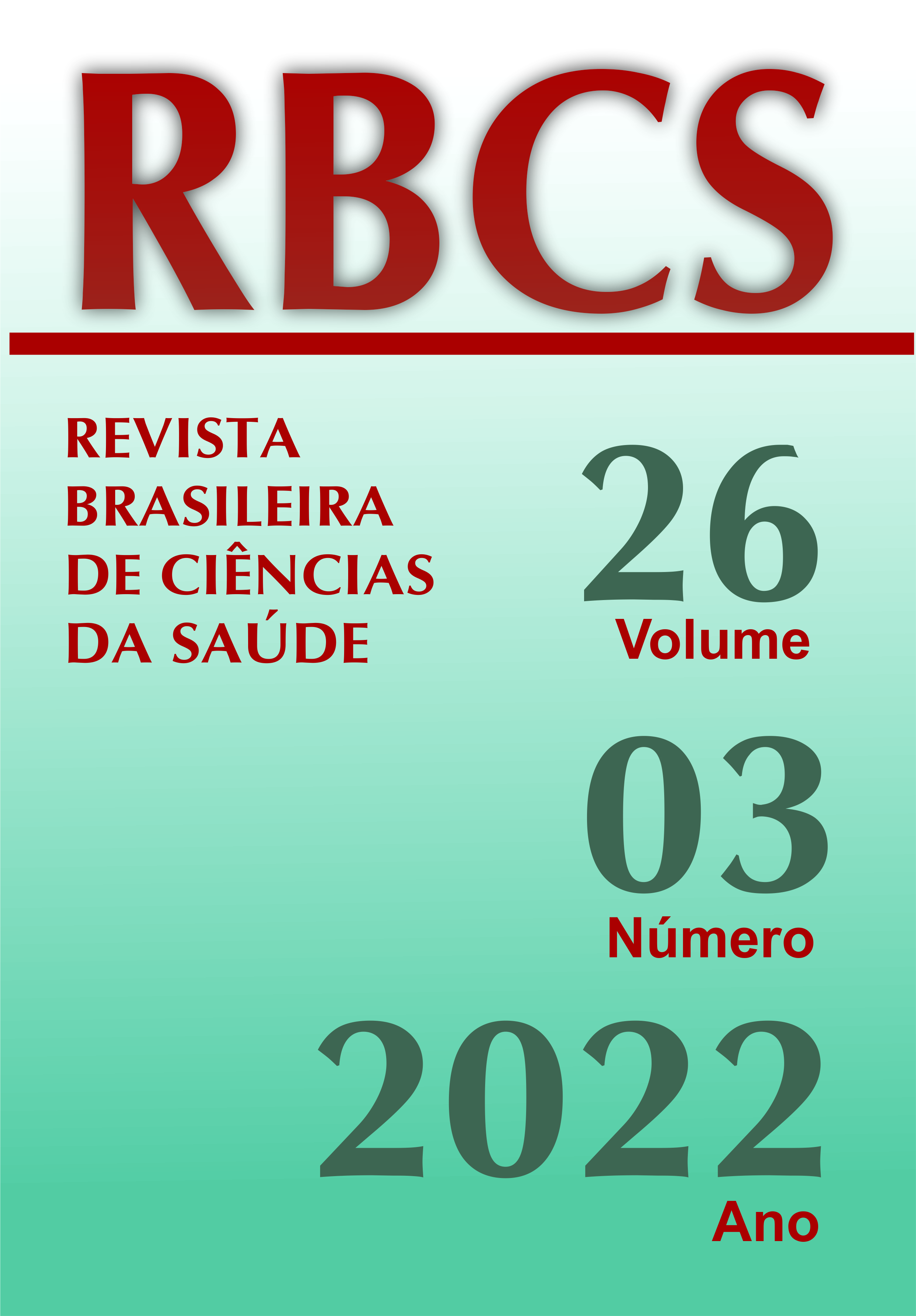INFLUÊNCIA DA CRONOBIOLOGIA E DA QUALIDADE DO SONO EM EPISÓDIOS DE COMPULSÃO ALIMENTAR EM ESTUDANTES UNIVERSITÁRIOS DE NUTRIÇÃO
DOI:
https://doi.org/10.22478/ufpb.2317-6032.2022v26n3.60945Keywords:
Transtorno da Compulsão Alimentar, Ritmo Circadiano, Transtornos do Sono-Vigília, EstudantesAbstract
Objective: To evaluate the association of chronotype and sleep quality with binge eating in nutrition students of a private higher education institution in Barbacena-MG. Methods: Cross-sectional observational study, in which 70 nutrition students of both sexes participated, from the 1st to the 8th term, aged 18 years or older.To evaluate the sociodemographic profile, a semi-structured questionnaire was elaborated and applied; The Morningness–Eveningness Questionnaire was used to assess the chronotype; sleep quality was assessed by the Pittsburgh Questionnaire and binge eating was assessed by the Periodic Binge Eating Scale. All tools have been applied online. Results: A low frequency of binge eating was observed, however, this variable was statistically associated with the highest median age (p<0.05) and the lowest number of hours of sleep (p<0.05).The predominance of the indifferent chronotype (50%) was identified, and it was also observed that most participants had a poor sleep quality (65.7%). Conclusion: In conclusion, there is an association between binge eating, age and lack of sleep, besides the high frequency of individuals with poor sleep quality. Therefore, there is a need for further investigations and interventions in nutrition students, in order to provide a deepen understanding about the association between chronotype, sleep quality and binge eating, which are main determinants of a good quality of life.


